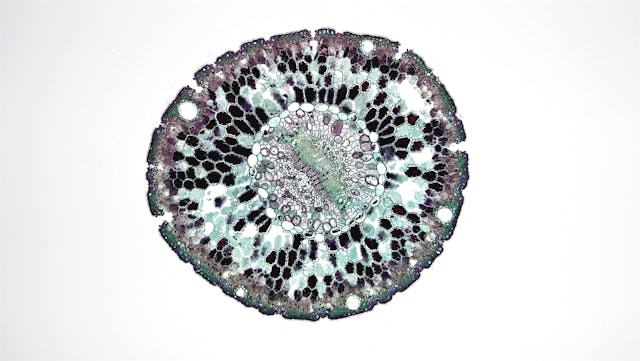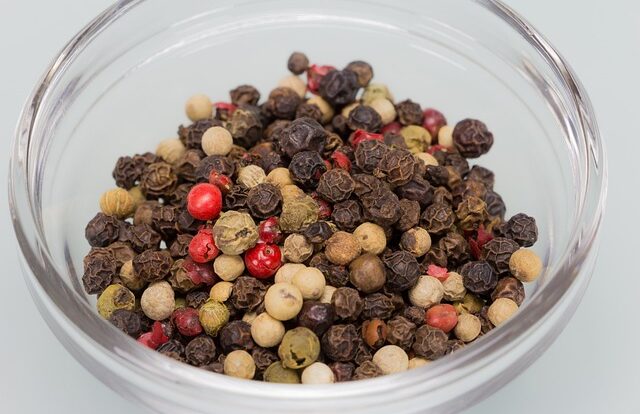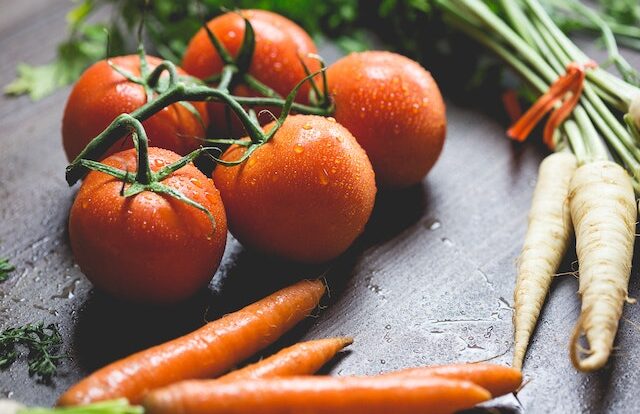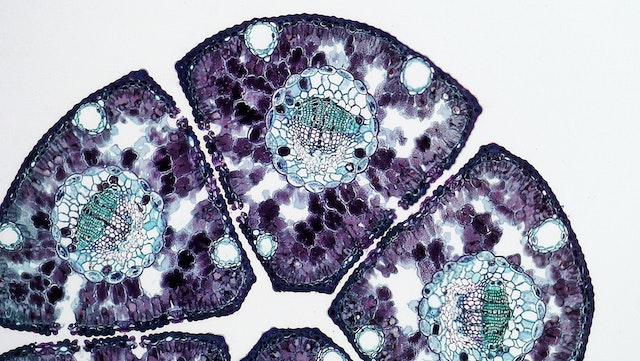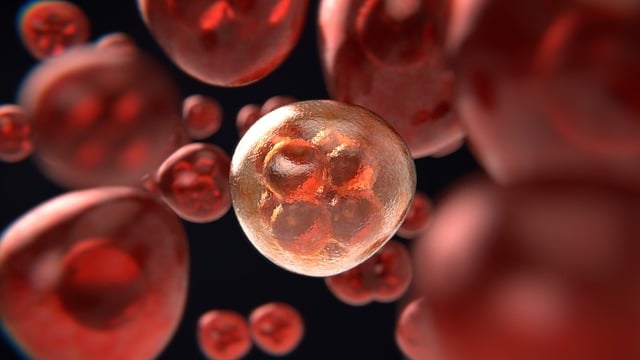Both veganism and vegetarianism are diets that restrict the consumption of animal products. While veganism and vegetarianism are similar, there are some significant differences that distinguish the two diets. This essay will look at five significant differences between vegan and vegetarian.
To understand the difference between Vegan and Vegetarian better to understand the what is actually being vegan and vegetarian means;
Define Vegan and Its Importance
Veganism is a way of life that emphasizes avoiding all animal products, such as meat, dairy, eggs, and honey. It also promotes the use of cruelty-free products and ethical material sourcing. It is critical to understand the essential nutrients that must be obtained through food sources in order to live a healthy vegan lifestyle. For vegans, protein is an essential macronutrient that can be obtained from plant-based sources such as legumes, nuts, and seeds. Eating a variety of these sources will ensure that you get enough of all of the essential amino acids. It’s also important to get enough iron, which you can get from beans, lentils, quinoa, and fortified foods. Another essential nutrient that must be obtained through fortified foods or supplements is vitamin B12.
Also Read > Difference Between Distilled and Purified Water
Calcium is an important micronutrient for bone health that can be obtained from dairy-free sources such as kale, broccoli, and fortified plant-based milks. Vitamin D is also essential for bone health and can be obtained through fortified foods, supplements, and sunlight exposure.
A healthy diet must include fats, which can be obtained from avocados, nuts, seeds, and plant-based oils. Omega-3 fatty acids, which are found in chia seeds, flaxseeds, walnuts, and fortified foods, are important for overall health. It is also important to consume adequate amounts of fiber to promote gut health. Fiber can be found in whole grains, fruits, vegetables, and legumes.
Understanding the essential nutrients required for a healthy vegan lifestyle allows you to ensure that you are getting all of the nutrients you require to maintain a healthy lifestyle.
Vegetarian Life and Its Healthy Style
Fruits, vegetables, grains, legumes, nuts, and seeds are all essential components of a vegetarian diet. Fruits and vegetables contain essential vitamins, minerals, and fiber, whereas whole grains, legumes, nuts, and seeds contain protein as well as essential fatty acids, vitamins, minerals, and fiber. A healthy vegetarian diet must include a variety of plant-based foods while limiting processed foods.
Vegetables and fruits should be the foundation of any vegetarian diet. They contain essential vitamins and minerals, as well as antioxidants and phytochemicals that are good for your overall health. Eating foods that range in color from dark green to bright red and yellow helps to ensure that a diverse range of vitamins and minerals are consumed.
Whole grains provide energy-producing carbohydrates as well as fiber, B vitamins, and minerals. Oats, quinoa, barley, brown rice, and buckwheat are all popular grains. Plant-based protein is abundant in legumes such as beans, peas, and lentils. Nuts and seeds are high in protein, as well as healthy fats and minerals. Avocados, olives, nuts, and seeds are high in healthy fats, which are essential for vegetarians. Healthy fats provide energy and aid in the absorption of vitamins A, D, E, and K. Finally, processed foods such as sugary snacks and refined grains should be avoided. Eating a well-balanced vegetarian diet rich in whole foods is essential for good health and well-being.
Vegan Vs Vegetarian
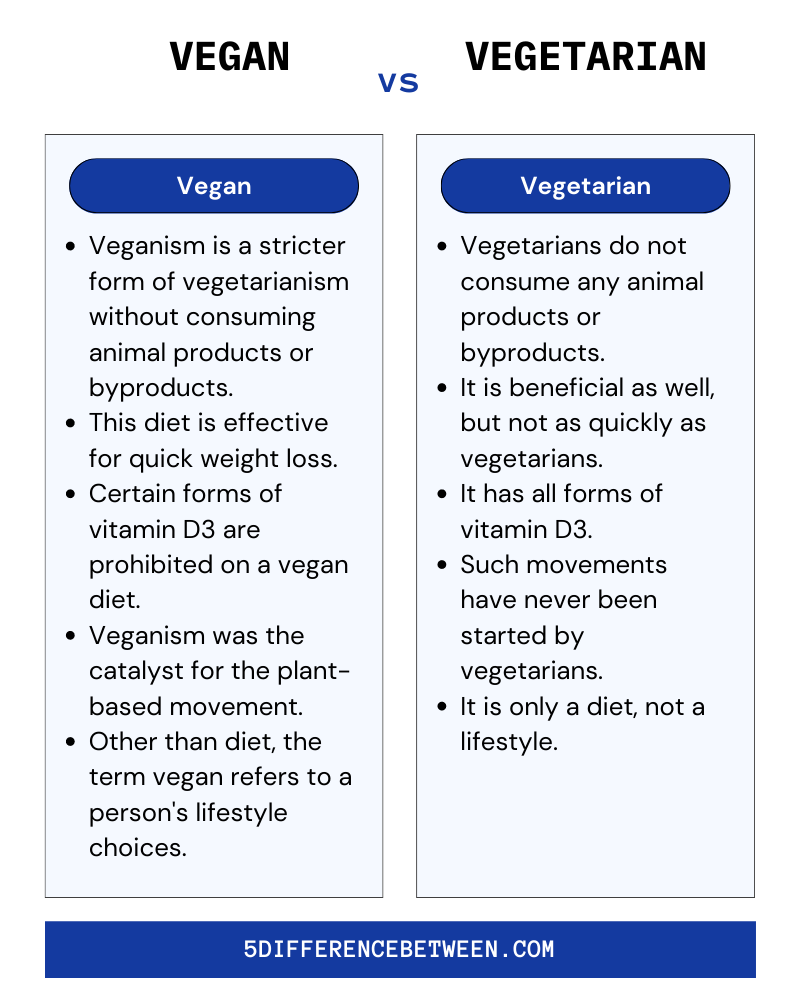
Vegetarian and vegan diets have grown in popularity in recent years as people become more aware of the health and environmental benefits of limiting their consumption of animal products. Although both diets exclude animal products, they have significant differences. Vegetarians can consume dairy and eggs, whereas vegans avoid all animal-derived products. Both diets are nutritious, but veganism can be more restrictive and necessitate careful planning to ensure adequate nutrition. However, with the increasing availability of vegan-friendly foods, it is now easier than ever to follow a vegan diet. In the end, the choice between vegetarian and vegan is a matter of personal preference and lifestyle.

